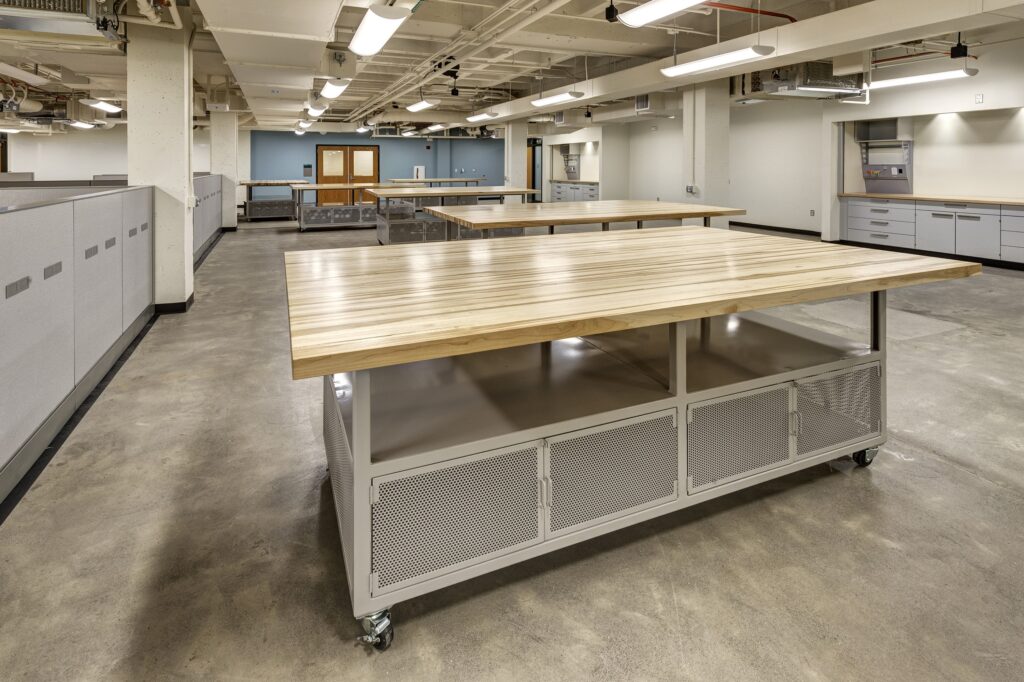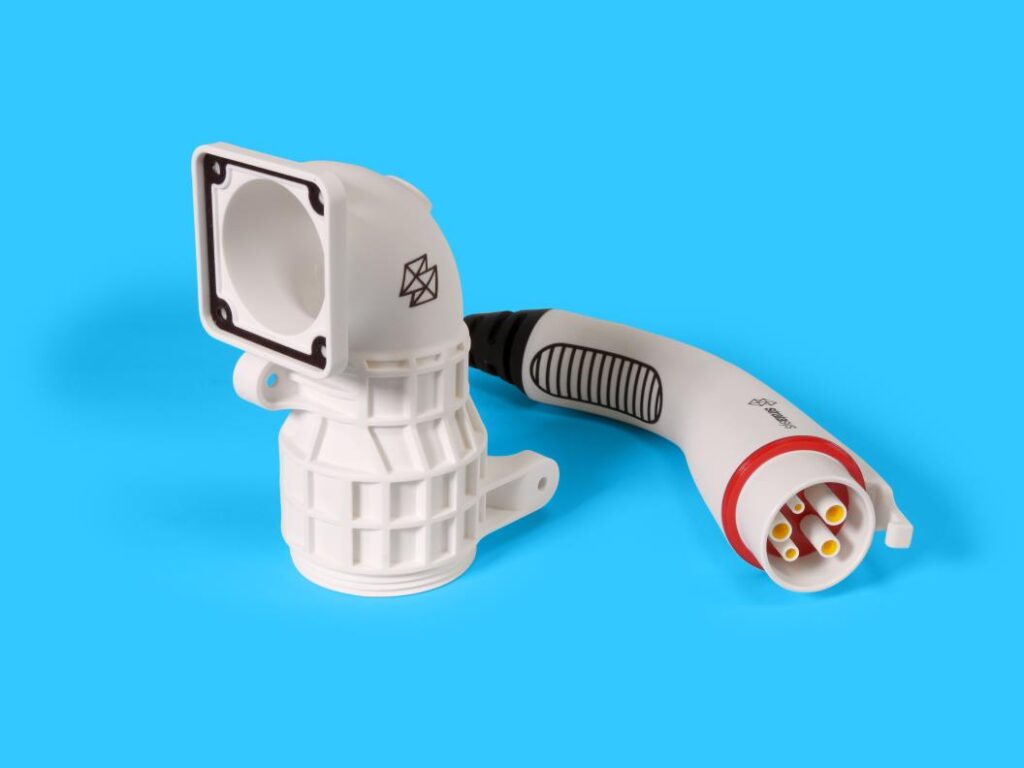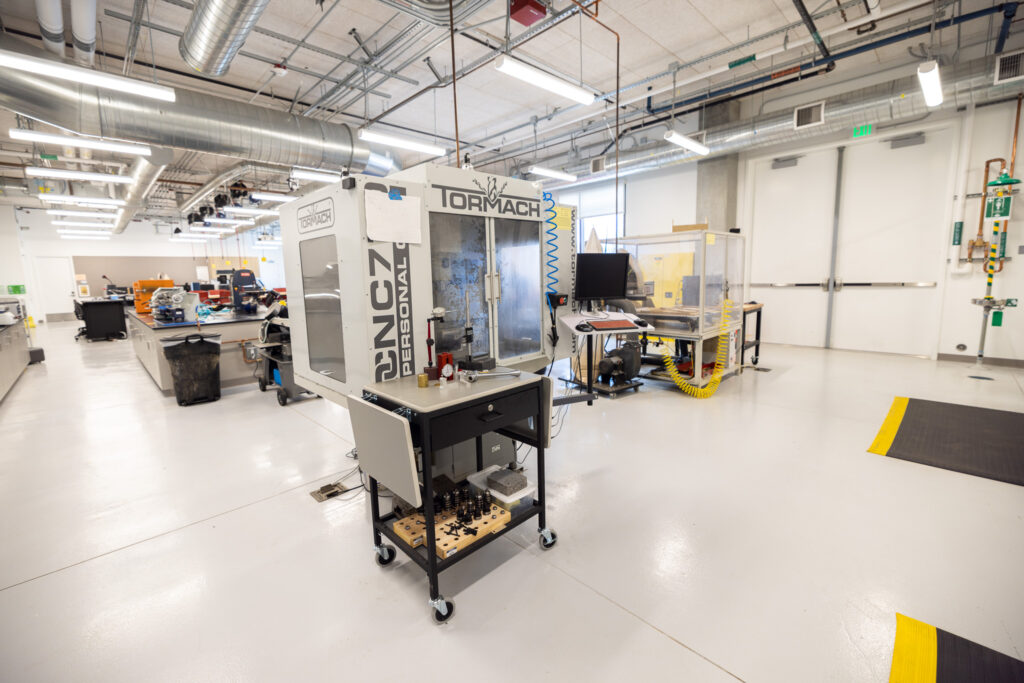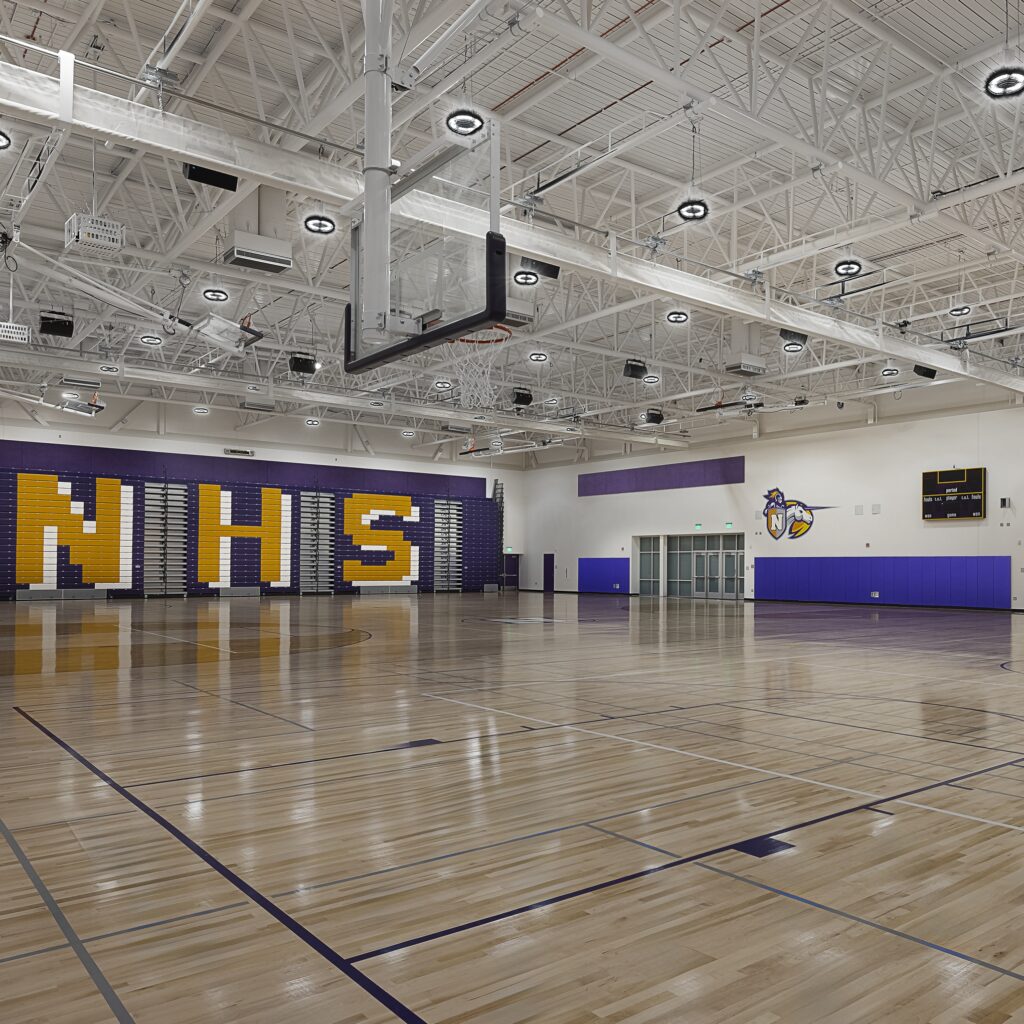Blogs & News
- Category: Laboratory
- DATE: March 22, 2023
A Guide to Laboratory Countertops
Lab countertops are critical pieces of lab furniture but are easily overlooked. They can hold a great deal of weight, require significant amounts of space, and they make up an area that is constantly exposed to chemicals and solvents. By choosing the right material and making sure it is properly maintained, you can ensure that your lab countertops will stand the test of time. This guide outlines some of the most popular types of lab countertops, as well as how to properly clean and maintain them.
Resin countertops
Lab countertops are commonly made from two types of resin: epoxy resin and phenolic resin (Trespa).
Resin countertops are chemical and heat-resistant and provide a durable, long-lasting surface for lab equipment. They are easy to clean and maintain, making them ideal for use in the laboratory.
The durability of resin countertops also makes them an ideal choice for any lab setting. They can be used in research labs, hospitals, food processing plants, and other industrial environments where high-quality work surfaces are needed.
What's the Difference Between epoxy resin and phenolic resin countertops?
The main difference between Epoxy Resin and Phenolic Resin countertops is the way they’re made. Epoxy resin countertops are made from resin mixed with hardener, while phenolic resin countertops are made from resin poured over layers of natural kraft paper.
Another important difference between the two is their resistance to heat. Epoxy countertops can handle high temperatures and open flames while phenolic resin cannot withstand temperatures past 350 degrees Fahrenheit. If your lab needs countertops with high temperature and chemical resistance, epoxy resin is the way to go.
One reason that you may choose phenolic resin over epoxy resin for your lab’s countertops is that it tends to be cheaper and have shorter lead times. If your lab will not be exposed to high heat or need a high level of chemical resistance, phenolic resin would be a great pick for your countertops.
Both types of resin countertops are durable, long-lasting, and fairly easy to maintain and clean, making either option an excellent choice for your laboratory.
Steel countertops
Steel countertops are a great option for laboratories. They look and perform great, and they’re durable enough to withstand the rigors of everyday use in a laboratory environment. They are non-porous, which means that bacteria can’t seep into the surface. This makes them easy to clean and disinfect, so you can use them in areas that need to be sterile or where there is a danger of cross-contamination.
One disadvantage of steel countertops is that they tend to be expensive. They’re also easy to scratch, so you’ll need to take care when cleaning them.

Other types of laboratory countertops
In addition to the types listed above, there are many more options for countertop materials in your laboratory. Depending on what your goals are and what look you want to achieve in your space, our experts can help you find the perfect solution for your laboratory. Contact us to learn more.
Caring for laboratory countertops
Caring for your laboratory countertops is about more than just keeping your lab clean — it is also about preventing accidents and damage. Below are six rules to follow so your countertops stay in tip-top shape no matter how often they are used.
- Immediately clean up any spill, liquid or dry, from a work surface
- Use trivets under anything hot
- Immediately extinguish flames on a work surface
- Do not drag items across a work surface
- Never use abrasive materials on a surface or sink
- Do not cut, chop, strike, or drop items directly on a countertop
We're Here to help
If you notice deep scratches or other damage to your countertops, it might be time to refinish the surface. The experts at H2I Group work with top-of-the-line manufacturers like Bedco, Durcon, and more. We will help you decide what your next step is, whether it’s a simple refinish or a full renovation. Check out our laboratory solutions page or contact us to get in touch with one of our laboratory specialists to learn more.
recent blogs



GET STARTED
LET’S TALK ABOUT YOUR PROJECT TODAY
Are you in need of expert guidance for your building project? H2I Group’s experienced professionals are here to assist you with any questions or concerns you may have. Contact us today to learn more about our services and how we can help you achieve your goals.